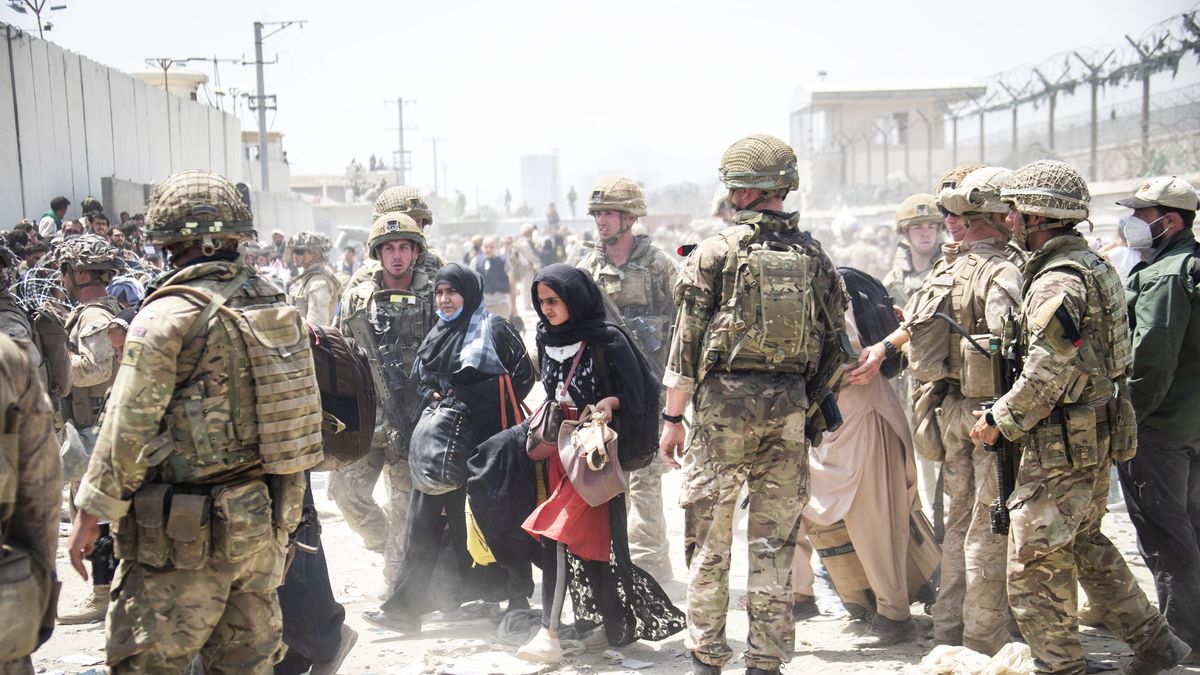The United Nations may soon abandon millions of Afghan nationals living under Taliban rule if it fails to convince Afghanistan’s hardline rulers to let local women work for the organisation.
The UN officials are negotiating with the Afghan government, hoping that Taliban will make an exception to its anti-women diktat that bans local women from working for the organisation.
“It is fair to say that where we are right now is the entire United Nations system having to take a step back and re-evaluating its ability to operate there,” the United Nations Development Programme (UNDP) administrator Achim Steiner told The Associated Press. “But it’s not about negotiating fundamental principles, human rights.”
The Taliban have allowed Afghan women to engage in some work, Steiner said. A report released by the United Nations itself showed that the country desperately needs more women working.
Afghanistan’s Gross Domestic Product, the sum of all goods and services produced within Afghanistan’s borders, is expected to be outstripped by population growth, meaning that per capita income will decline from $359 in 2022 to $345 in 2024, the UN report says.
Some of Afghanistan’s economic problems are due to Taliban policies keeping most women out of the workplace, Steiner said.
The UN has decided that it will leave Afghanistan in May if the Taliban do not relent to its demands of letting women work.
“I think there is no other way of putting it than heartbreaking,” Steiner said. “I mean, if I were to imagine the UN family not being in Afghanistan today, I have before me these images of millions of young girls, young boys, fathers, mothers, who essentially will not have enough to eat.”
Dim hopes of Taliban allowing women to work for the UN
Taliban has officially allowed women to work in specific circumstances in health, education and some small businesses. But reports from Afghanistan show otherwise.
In January 2023, shortly after Taliban banned women from attending universities, WION reported exclusively how Afghanistan’s women doctors were denied jobs in Kabul’s private clinics due to fear of Taliban’s tyranny.
“In one sense, the de facto authorities have enabled the UN to roll out a significant humanitarian and also emergency development assistance set of activities,” Steiner said. “But they also continuously are shifting the goalposts, issuing new edicts.”
Since replacing the democratically-elected President Ashraf Ghani in Kabul’s corridors on power, Taliban have imposed harsh measures to restrict women’s rights to study and work.
This month the Taliban took a step further in the restrictive measures they have imposed on women and said that female Afghan staff employed with the UN mission can no longer report for work.
“This is a very fundamental moment that we’re approaching,” Steiner said. “And obviously our hope and expectation is that there will be some common sense prevailing.”
Aid agencies have been providing food, education and healthcare support to Afghans since the Taliban takeover and the economic collapse that followed it.
The 3,300 Afghans employed by the UN – 2,700 men and 600 women – have stayed at home since 12 April but continue to work and will be paid, UN spokesman Stephane Dujarric has said.
The UN’s 600 international workers, including 200 women, are not affected by the Taliban ban.
Source : WION










